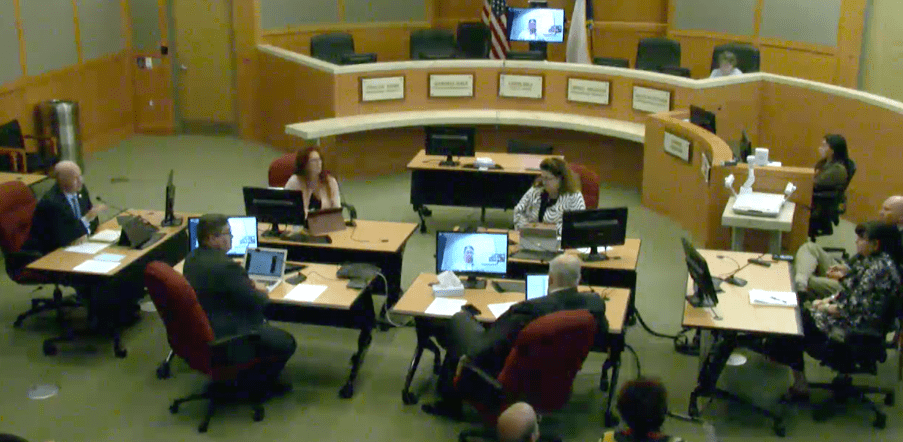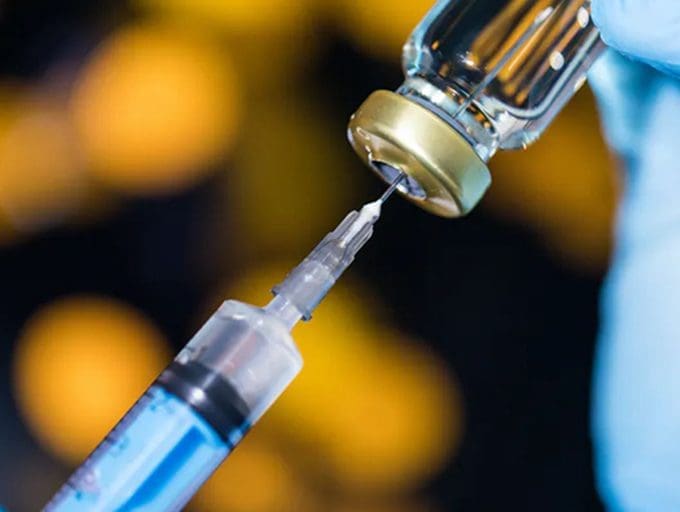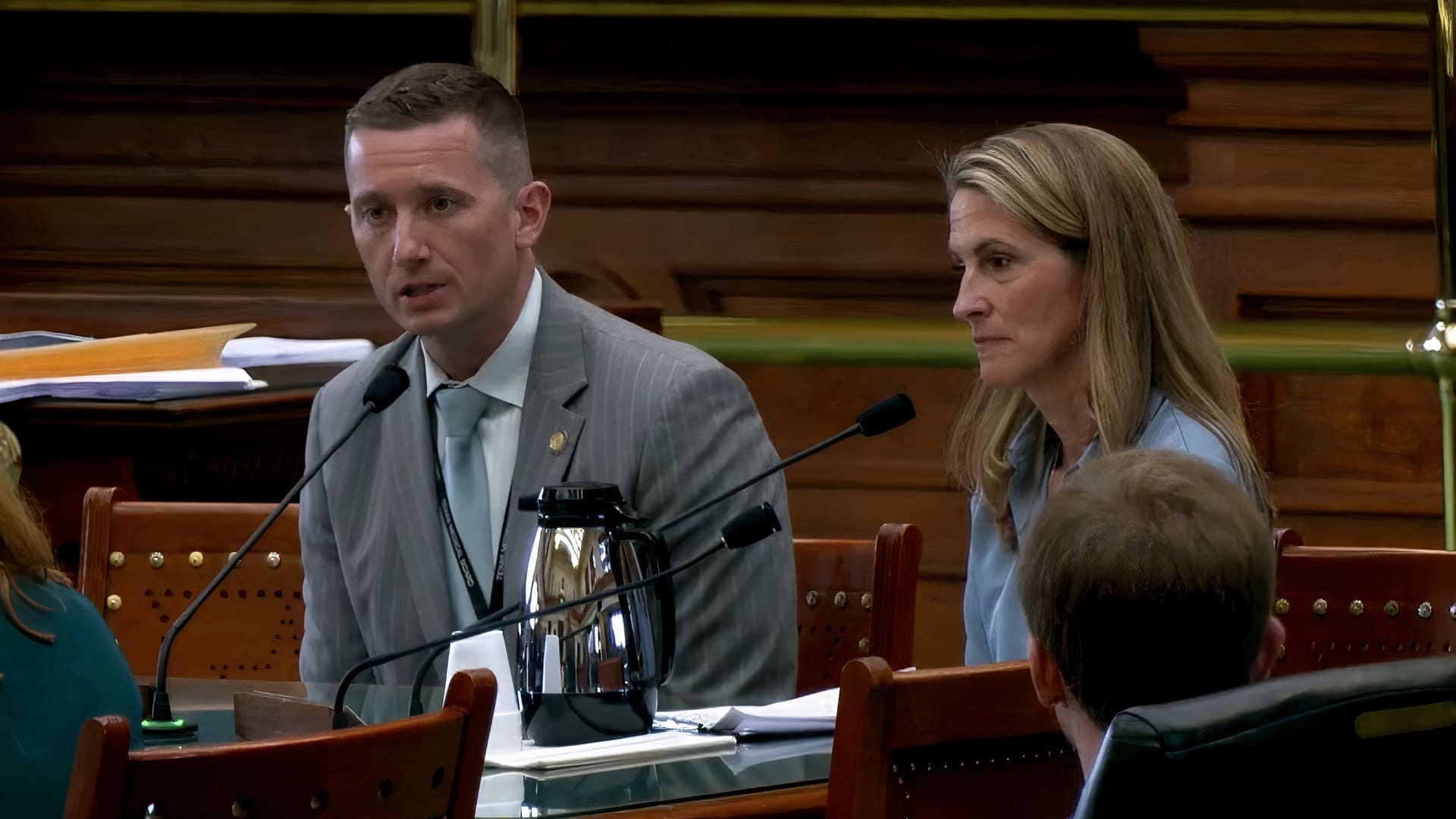Citing the needless cost of maintaining a duplicate system, Collin County Commissioners Court decided Friday to transfer all local coronavirus contact tracing to the state, becoming the first large county in Texas to relinquish the public health function.
Commissioners voted 3-2 to let the Texas Department of State Health Services (DSHS) assume responsibility for the county’s COVID-19 case investigations, contact tracing, and daily reporting starting on June 1.
The county will be removed entirely from the process once previously identified cases are resolved.
DSHS had planned to take over Collin’s coronavirus tracking on May 26 but agreed to County Judge Chris Hill’s request to wait so commissioners could discuss options at Friday’s special meeting.
Under all three options offered to counties by DSHS—local, state, or shared case management—the same data is made available to the state and national disease surveillance systems, using the new Texas Health Trace software system.
All 50 states use the National Electronic Disease Surveillance System or compatible systems to send case information to the Nationally Notifiable Disease Surveillance System. Texas Health Trace is expected to replace NEDSS as the state’s new reporting system for all diseases.
A DSHS FAQ sheet says that according to Gov. Greg Abbott, all public health entities in Texas are required to use Texas Health Trace to report patients who test positive for COVID-19.
The state says patient participation in contact tracing is voluntary—though DSHS adds that “positive COVID-19 cases will be required to self-isolate.”
DSHS will use MTX Group call-center contractors for contact tracing.
Commissioners Darrell Hale, Susan Fletcher, and Duncan Webb voted in favor of transferring all coronavirus tracking to DSHS.
They questioned why the county should continue using local resources for something the state is already paying for, instead of using the money for other local needs.
“I’m struggling as a fiscal conservative to understand why we would spend all this money,” Fletcher said.
County Administrator Bill Bilyeu told commissioners it would cost “multiple millions of dollars” for the county to maintain its own case management system, developed internally in response to the virus outbreak.
“I don’t see any real gain other than spending additional dollars,” Hale said. “There’s so much else we could spend the money on.”
Fletcher and Hale also asked about privacy, a worry raised by the public.
“We’ve heard a lot of concerns,” Fletcher said, “but that decision’s already been made for us that the data is going to the state.”
“If we can’t alleviate concerns regarding privacy [by doing the investigations locally], then why would we pay for something twice when we could use those dollars for other things needed in our community,” she said.
In addition to keeping patients’ data private, citizens are worried about the government tracking their movements electronically.
While large tech companies such as Apple and Google have already created a framework for implementing technological solutions to assist in contact tracing, a cell phone tracking application is not part of the Texas Health Trace contact tracing program, according to Dr. Manda Hall, a DSHS commissioner who joined the meeting to answer questions.
Bilyeu said the county does give local police dispatchers the addresses of active cases, so if emergency services are called to respond, “they know that’s someone they need to treat differently as a patient.”
Judge Hill and Commissioner Cheryl Williams voted against the transfer, instead supporting the option to continue locally managing case investigations, contact tracing, and reporting.
The county has so far managed its caseload by retraining and reassigning employees idled by coronavirus closures to work with the county health department.
As those employees return to their regular duties, Bilyeu estimated the county would need to hire 50-70 new temporary employees, as well as commit another 800 county IT staff hours to the project.
Bilyeu said to compete with current unemployment benefits, the cost for temporary workers would be $33 an hour, plus up to $5,000 per employee for computers and equipment. Hill suggested hiring local hospital workers furloughed as a result of state mandates prohibiting elective procedures.
Collin County received $171 million in CARES Act cash directly from the U.S. Treasury earmarked for coronavirus relief expenses incurred through the end of the year, which Hill said the county could use for the project.
Webb noted the relief funds will run out in six months, but DSHS expects to continue tracking coronavirus cases well beyond that time.
The state also has tax dollars from the federal “emergency relief” fund to pay for its new contact tracing plans.
“The state can choose to grow government if they wish,” Hale said in a statement following the decision. “It isn’t going to be on my vote.”
Williams said there are “still a lot of loose ends” in the new Texas Health Trace software system.
“I’m not sure I want to be the first large county to jump in,” she said. “I don’t want to be a guinea pig.”
She wanted to be sure the county could still get access to local data as the state has indicated, and also wanted to know why other large counties decided against making the change.
Williams also noted the county can’t prevent the state from getting the case data. “They’ve had it all the time,” she said.
Collin County Health Department Director Candy Blair said she supported transferring responsibility to the state.
“The only thing we have as a weapon or tool to fight this kind of disease is good information and good contact information,” Blair told commissioners. “The more help we can get with that, that is a public health director’s dream.”
“The fact that the state stepped up and said ‘We’ll take on the ownership and expense’ is something I don’t think any public health director can say no to,” she added. “As a public health director, I think it’s the best option.”
Blair told commissioners that about 170 of the state’s 254 counties have already transitioned to the state’s new system. But other large counties have said no, according to Dr. Hall, choosing instead to continue using their own systems for now and transferring their data to Texas Health Trace.
A third option was for Collin County Health Care Services to continue managing case investigations, while DSHS took over contact tracing and daily reporting.
DSHS confirmed the county can switch to one of the other options at any time, as long as it is prepared to expend the necessary local resources.
Hill expressed concern last week that changes in the state’s criteria for defining who might have the virus would cause an artificial spike in the number of reported cases and deaths.
Hill said the governor’s team has since told him the new “probable” case definition directive was passed down from the CDC to the states to counties, but “neither DSHS nor the state will include probable cases in any reports specific to Collin County.”
Regardless of who is in charge or which set of tax dollars is spent, Texans are skeptical about contact tracing.
Texas taxpayers, as well as some lawmakers, are also concerned about the massive contact-tracing agreement the state entered into without any legislative oversight. The $295 million, 27-month contract calls for New York-based MTX Group to hire and manage up to 4,500 call center employees.
State Sen. Bob Hall (R–Edgewood) called contact tracing for COVID-19 “technically wrong, financially wrong, and morally wrong.”
Collin commissioners decided continuing to fund the county’s case tracking system was wrong for local taxpayers.
All Collin County coronavirus cases identified on or after June 1 will be reported on the Texas DSHS COVID-19 dashboard.






